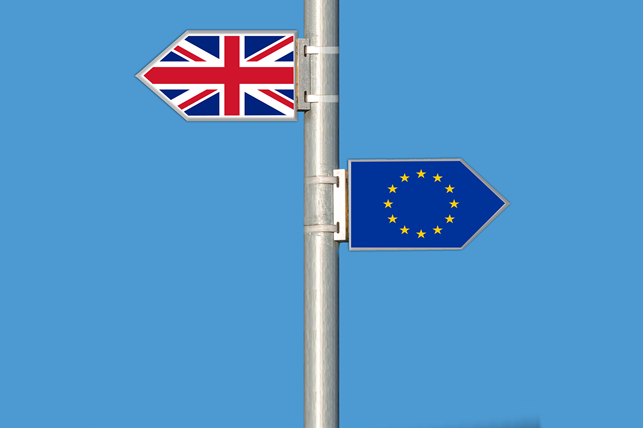Countries with the most liberal gambling laws

When it comes to enjoying hundreds of thousands of online gambling alternatives, players are often interested in all the legal and regulatory aspects of the industry, as this will allow them to enjoy a unique and safe gaming experience. Each country has its own rules, even within the same country, different provinces have their own rules, as is the case with Argentina.
The gambling phenomenon and its regulation
With the exponential growth of the online gambling industry due to the 2020 health crisis, online gambling has become very relevant in the field of entertainment and when it comes to generating additional income through games such as roulette in online casinos. This has logically led to an inevitable connection with the financial and tax laws of countries, either by adapting existing laws or by creating a new set of rules that provide benefits to all participants. Before you start playing, check out the 8 most luxurious and expensive Las Vegas casinos on this site.
Gambling legislation in Latin America and Spain
The Latin American market is one of the main consumers of online gaming, and despite the direct impact of this industry, it still has a long way to go in developing legislation that will help increase investment and trust.
Argentina
Argentina does not have a centralized gambling regulatory system, which means that each of the 24 provinces has legislative autonomy over betting based on individual criteria; as is typical in such cases, this has many advantages over other countries.
A good example is what happened to the Buenos Aires casino and the Palermo racetrack, which benefited from the city allowing them to open their online versions during the pandemic, even when other provinces refused to allow them to do so. Since not all provinces are regulated equally, it is worth noting that this country still has a long way to go in terms of regulation.
Brazil.
In the case of Brazil, players found themselves in a rather difficult situation. Legislation demonstrates stagnation in relation to neighboring countries due to the existing monopoly in the gambling industry.
However, since 2018, there has been a slight progress when a draft law on sports betting regulation was presented. Although it excludes other alternative gambling, it is a small victory that opens the door for future negotiations.
Chile.
Players from Chile are in luck, as the country's gambling scene is on a more than favorable path in terms of legislation and regulation in 2022. Prior to the aforementioned date, the situation in this country was similar to the one mentioned earlier: to operate in the country, you only needed to obtain an international license issued by organizations such as the Malta Gaming Authority.
Curacao.
This country is known as the cradle of gambling licenses and is practically not regulated by the state, which makes it one of the most attractive places for those interested in setting up their own gambling company. This is due to the fact that the government is currently postponing the adoption of such regulations, so the country cannot benefit from this economic activity like its neighbors.
Colombia
Colombia, along with Chile, is a good example for the rest of Latin America in terms of regulation. Because it is the most developed, as government institutions are responsible for arbitrating online bets through the National Council of Gambling and Luck Games; in addition to the Coljuegos.
These institutions are responsible for authorizing and issuing permits for the legal operation of this type of business. This progress has been taking place since 2016, after the adoption of the Electronic Gaming Law.
Spain.
This is the European country with the largest gambling market, and thousands of enthusiasts are part of this broad community of players every day. The country's legal framework includes the Law 13/2011 on the regulation of gambling, which is now somewhat outdated, so it had to give way to a new multiple license system.
In 2020, Spain decided to abandon the decentralized idea of gambling regulation by adopting Royal Decree 958/2020, which came into force at the end of 2021, to give operators the opportunity to adapt to new changes.
This is an interesting topic to read: 5 tips to avoid online gambling fraud
For example, the government seeks to control the amount of advertising, such commercials are broadcast on television from one to five in the morning, and sports clubs no longer have sponsorship from these bookmakers. This also affects players who receive promotions and welcome bonuses that are so popular and desirable for Internet users.
Those interested in investing time in entertainment that can generate some profit should know what laws and regulations apply in their country. It is also advisable to check the international licenses held by different operators to ensure a pleasant, transparent, and fair gaming experience.




